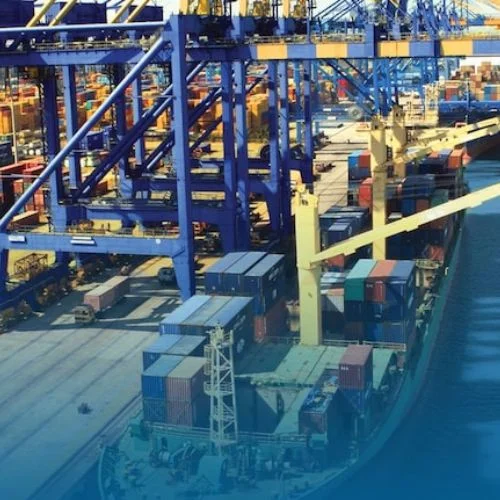According to Finance Minister Chuang Tsui-yun’s statement on Wednesday, Taiwan wants to finalise a long-awaited tax deal with the United States next year. Taipei has long advocated for this accord, which both sides have stated will encourage increased investment.
Members of the US House of Representatives, both Democratic and Republican, presented legislation in July granting President Joe Biden’s administration the authority to negotiate the tax agreement with Taiwan.
The politicians claimed that the pact, which resembled a treaty, would protect against tax avoidance, encourage investment, and spare companies in Taiwan and the United States from paying double taxes.
Answering questions in parliament, Chuang said she would make the most of the opportunity to meet with U.S. Treasury Secretary Janet Yellen at an Asia Pacific Economic Cooperation, or APEC, gathering in the United States next month to discuss the idea.
According to Chuang, if the deal is signed, it will improve the climate and draw in more investment because it addresses problems like the double taxation of corporate earnings and personal income.
“We’re hoping to sign it by June of next year. The bilateral agreement will become effective as soon as we sign it, she continued, and the formalities on our end may be finished quickly.
Together, American and Taiwanese businesses have invested $28.5 billion and $26.6 billion in the United States and Taiwan, respectively. stated Chuang.
Due to the lack of formal diplomatic ties between Washington and Taipei, both the American and Taiwanese governments tax the income of Taiwanese individuals and corporations.
Taiwan is a prominent worldwide provider of semiconductor chips that are necessary for several consumer products as well as military hardware. Washington is eager to see Taiwanese semiconductor businesses establish American plants.
The largest contract chip manufacturer in the world, Taiwan Semiconductor Manufacturing Co Ltd, is putting $40 billion into plants in the state of Arizona, USA.
The state-backed tabloid Global Times previously reported that China’s natural resources department had carried out on-site inspections into Foxconn firms’ land use in the provinces of Henan and Hubei, among other places, and that several of the company’s major Chinese subsidiaries were the target of tax audits.
According to the sources, Foxconn is pushing to expand its production outside of China, and the audits coincide with fewer than three months before Taiwan’s presidential election.
Taiwan’s government, which Beijing considers to be its territory, regularly charges Beijing with trying to use economic and military pressure to influence Taiwan’s elections in order to guarantee a result that would benefit Beijing.















